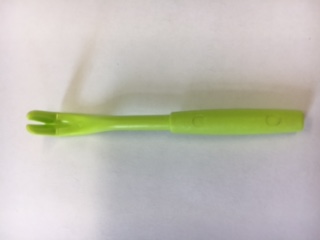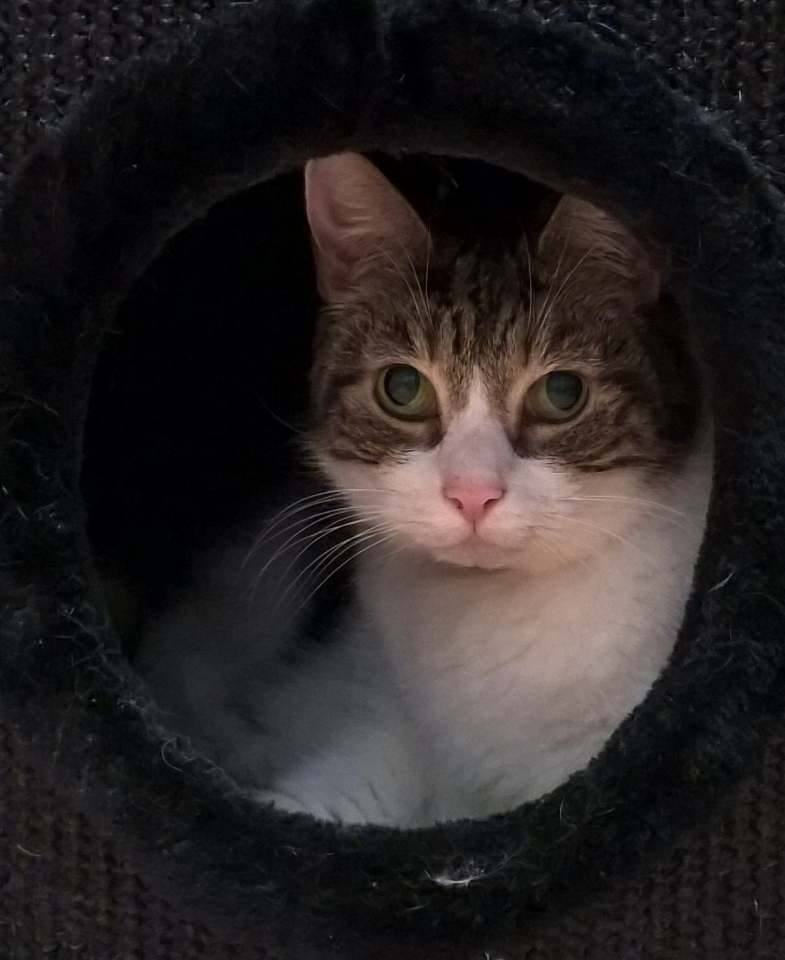
Tick borne diseases At the present time, the risk of your pet picking up any disease from ticks in the London area is still low. Lyme disease can be spread to pets and people from ticks, but we have not seen any cases of pets picking up this disease whilst living in the London areaRead More

From April 6th 2016 all dogs must be microchipped and registered on a commercial database, by 8 weeks of age. Further if a dog’s ownership is transferrred, the owner has a further duty to register the microchip with the new owner. Although there is no requirement in law at the present time, weRead More

Feeding Try to continue the same food that the breeder was feeding at least in the first few days. You may then mix in a new kitten food if you would like to change it over the next few days. Kitten food will have all the nutrients and vitamins they require, and vitaminRead More

Why do cats urinate or toilet outside of their litter tray? A common misconception is that cats may be punishing you as their owner, for leaving them alone for too long. Cats do not do this, there will always be another reason. Medical Problems Cystitis causes an increased urgency, but normally withRead More

Many people will know how difficult and stressful it can be sometimes to get your cat into a basket. So is it a good idea to bring your basket out the night before a visit to the vets to “get your cat used to it”. The answer is a definite NO. This will probablyRead More

Our Winter Newsletter with information about fleas, heart disease in dogs and cats , rabbit mites, and winter tips can be viewed here Winter newsletter

There are many diet foods available for your pet and sometimes the choice can be confusing. If you have a new puppy or kitten, you should if possible try to continue the food that they were fed by the breeder at least for the first few days. If this is not possible, thenRead More

Merry Christmas from all at Young Veterinary Partnership ! We hope you have a great Christmas, but please remember to take care with hazardous foods and plants – dark chocolate, grapes, Christmas cake, Stollen, mince pies can all be toxic to dogs. Holly, mistletoe and ivy are also toxic to dogs. LilliesRead More

Epilepsy is the most common chronic neurological disorder in dogs. It causes fits (seizures) in affected dogs, which often occur when they are resting. The fits usually last a few minutes only, and dogs may be confused for 5-15 minutes afterwards. If your dog has a seizure lasting more than 5 minutesRead More

We are pleased to announce the launch of our new Pet Healthcare club. This is an easy way to budget for your pet’s essential health care needs. Our new Pet Healthcare Club is a scheme offering essential veterinary care at a reduced price. In return for a monthly fee collected by direct debit,Read More